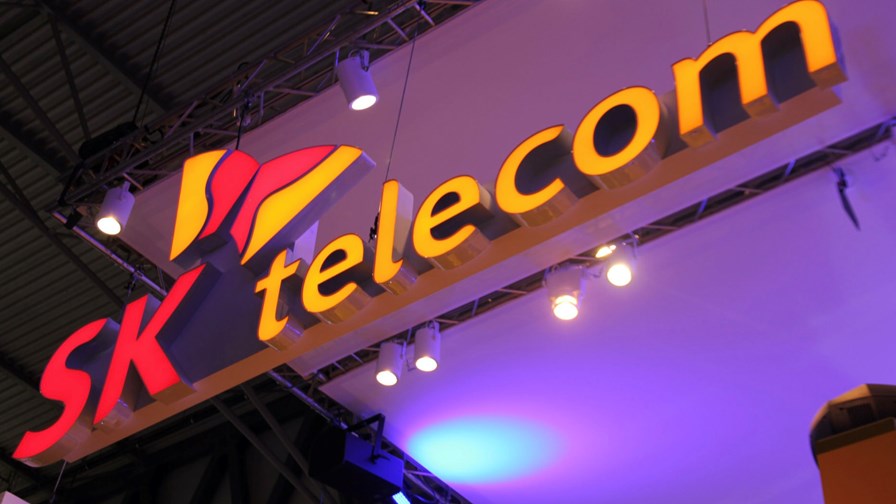Boxing clever: SK Telecom’s ‘differentiated’ online shop for Amazon products

- Another way to identify new digital businesses for DSPs
- Best accomplished if you drop the ‘ownership’ imperative
- SK Telecom offers an example of advanced DSP deal-making logic
South Korea’s biggest mobile operator has just inked a deal with Amazon. “Big deal,” I hear you mutter. “Is there a big telco anywhere that doesn’t have a deal/relationship/partnership with Bezos’s outfit, including SK Telecom already?"
But this one doesn’t directly involve Amazon Web Services (AWS). This is with Amazon, the purveyor of cardboard boxes, and it’s a good example of advanced Digital Service Provider (DSP) deal-making logic.
Amazon is going to sell its box products through SK Telecom’s existing e-commerce shopping site, 11st, with the aim of delivering a "differentiated shopping experience" for Korean online shoppers, says SKT. Strip out the retail jargon and you have a tactical move that, if successful, will see SKT developing yet another revenue stream by partnering with an external company. And SKT’s contribution has very little to do with telecoms. It has a lot to do with understanding Korean customers
The goal is to ferret out synergies with Amazon, already the world’s leading online retailer, and in this case build an online retail business that, says SK Telecom, will provide another way for Koreans to shop for Amazon products. It’s about presenting the Amazon product range without the Amazon shopping interface.
11st is already one of Korea’s leading online retailers, so the 11st approach clearly works for Koreans - why not let Amazon use it as well?
Ownership and financing: SKT said in a press release that “Amazon would have an investment right to acquire a minority interest in 11st through new preferred shares if certain conditions related to business performance or an IPO listing event are met." Details such as the amount of investment, any equity participation arrangement or the scope of cooperation were not disclosed.
This move is just the latest in a long list of moves into diverse areas. SKT has already put relationships into place with the likes of Microsoft and Uber and, of course, AWS for an edge and 5G joint project.
The difference between SK Telecom’s DSP activities and other evolving DSPs is subtle but telling. Its approach owes much to the Korean ‘Chaebol’ model, a conglomerate structure which has come in for criticism recently within South Korea for its authoritarian family structure and tendency to engender corruption via the crossover of financial and political power. (Now, where else might that be happening?)
However, the Chaebol heritage is reflected in SKT’s preference for getting controlling interests in companies and then letting them run themselves (more or less) rather than the ‘must have full ownership’ approach of many companies in our space. This has the advantage of sharing downside risk, keeping key personnel in place (how often do mergers see the key employees and managers flee as soon as they have worked out their contracts?) and most importantly in the IT sector, enabling the sharing of technology and insights with the rest of the group.
Email Newsletters
Sign up to receive TelecomTV's top news and videos, plus exclusive subscriber-only content direct to your inbox.




